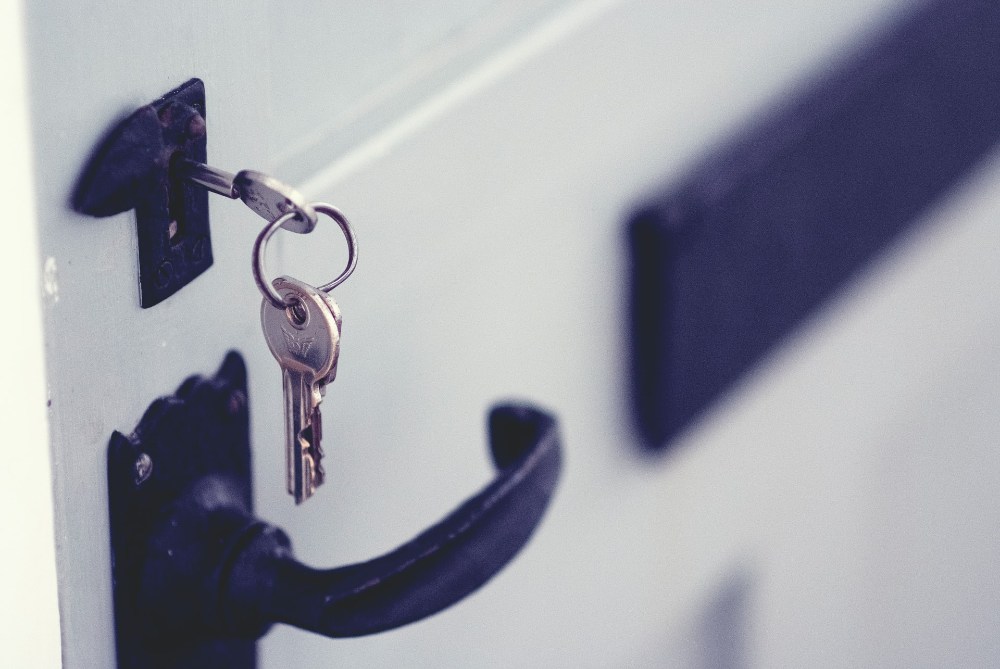This article was first published on May 12th by DCist.
A new housing facility, opening in June, will provide shelter to women returning from prison or struggling with addiction.
“I know stories about people coming home [after prison] with $20 in their pocket, no phone, not knowing where to turn, no job, no family contacts,” says Alicia Horton, executive director of Thrive DC. “So they really do need somebody to be able to help them navigate the housing arena, food, and employment.”
Thrive DC and Community Family Life Services are opening their second housing facility in the Kenilworth neighborhood in Northeast D.C. to help women returning from prison or struggling with addiction to have stable housing, access to mental health services, and a peer support network.
This is the second facility Thrive has opened in the past three months: The organization’s location in the Burrville neighborhood in Southeast D.C. opened in February, and has seven beds. This forthcoming facility will have 12 beds, and allows women to stay for up to six months.
The new housing program is similar to the first program, and the two are opening in quick succession because of the pandemic, says Horton.
“As COVID hit, we saw so many people being released in an emergency setting,” she says. “We just knew we had to move quickly.”
The Thrive DC site adds to the few other existing housing sites that are specifically for women returning citizens. But once the 12 new units open, CFLS and Thrive DC will be the city’s largest single program for female returning citizens, according to Horton.

When participants complete the Thrive program, Community Family Life Services will help women returning citizens connect with long-term housing that extends for up to 5 years. During the six-month program, participants receive case management services, substance abuse counseling, employment assistance, and other support.
Formerly incarcerated people are almost 10 times more likely to experience homelessness than the general public, according to the Prison Policy Initiative. A 2020 study from the D.C. Fiscal Policy Institute found that nearly a third of people experiencing homelessness in the District say incarceration played a role in their housing struggles.
One Thrive DC client, Karen Collins, lives at the Burrville location. She joined Thrive DC programming in 2018, after returning from prison after serving 30 years for felony murder and forgery. Collins became the housing manager at the 7-bed home when it opened in February.
“When I was going through Thrive, I was living with a friend on their couch, waiting to get a bed at a program that I applied for,” says Collins. In 2018, Collins found out about CFLS affordable housing through Thrive DC. She became housing manager because she wants to help other women who are struggling with life after reentry.
When Collins was released from prison, she says, “I felt out of place. I felt lost. I didn’t have family on this side. It didn’t feel like home. … For me, prison was home.”

But the newly rolled out program allows women returning citizens to transition back home more easily.
“You don’t have to worry about rent. You don’t have to worry about food. You can focus on what you need to focus on, which is your credentials, your resume, getting acclimated with being back in the community, [and] parenting,” says Collins.
Horton says that Thrive DC works with the Federal Bureau of Prisons reentry division to inform women of services and call-in consultations are open for women who are interested in the housing program.
“It really is an incredibly difficult journey if you’re on your own and don’t have a real support system,” says Horton. “We’re able to create support to really help guide and provide them with the necessary bridges to success.”








